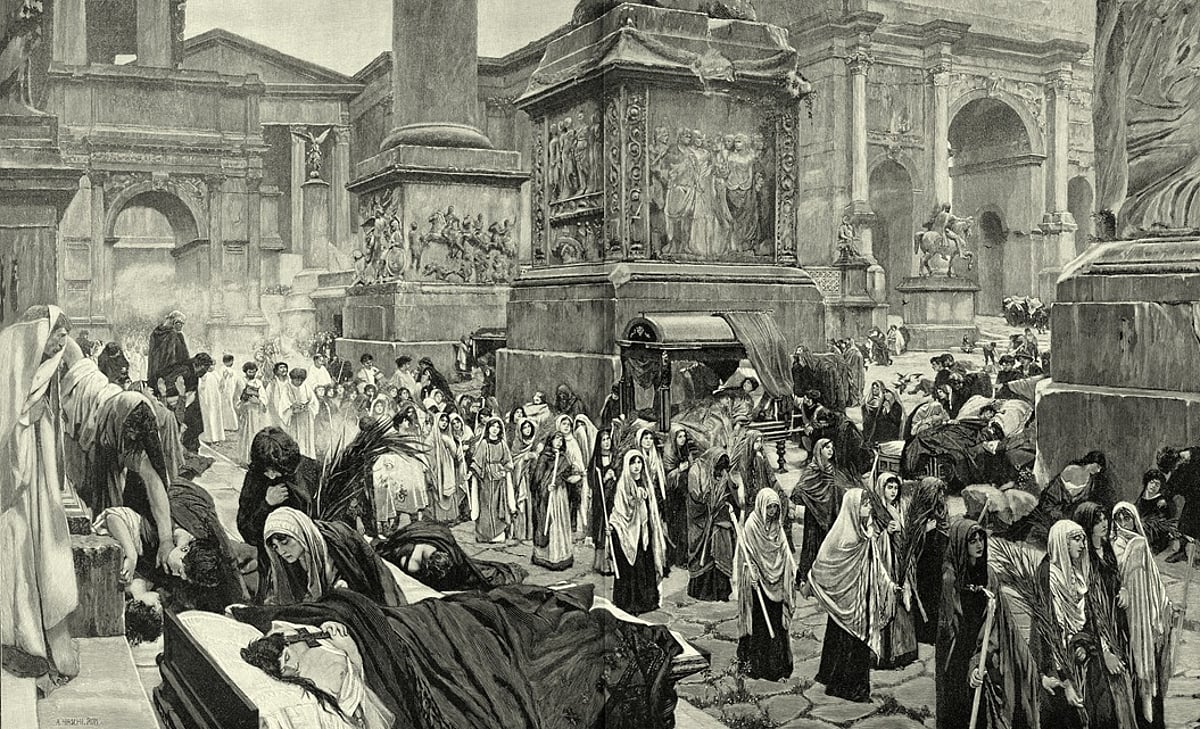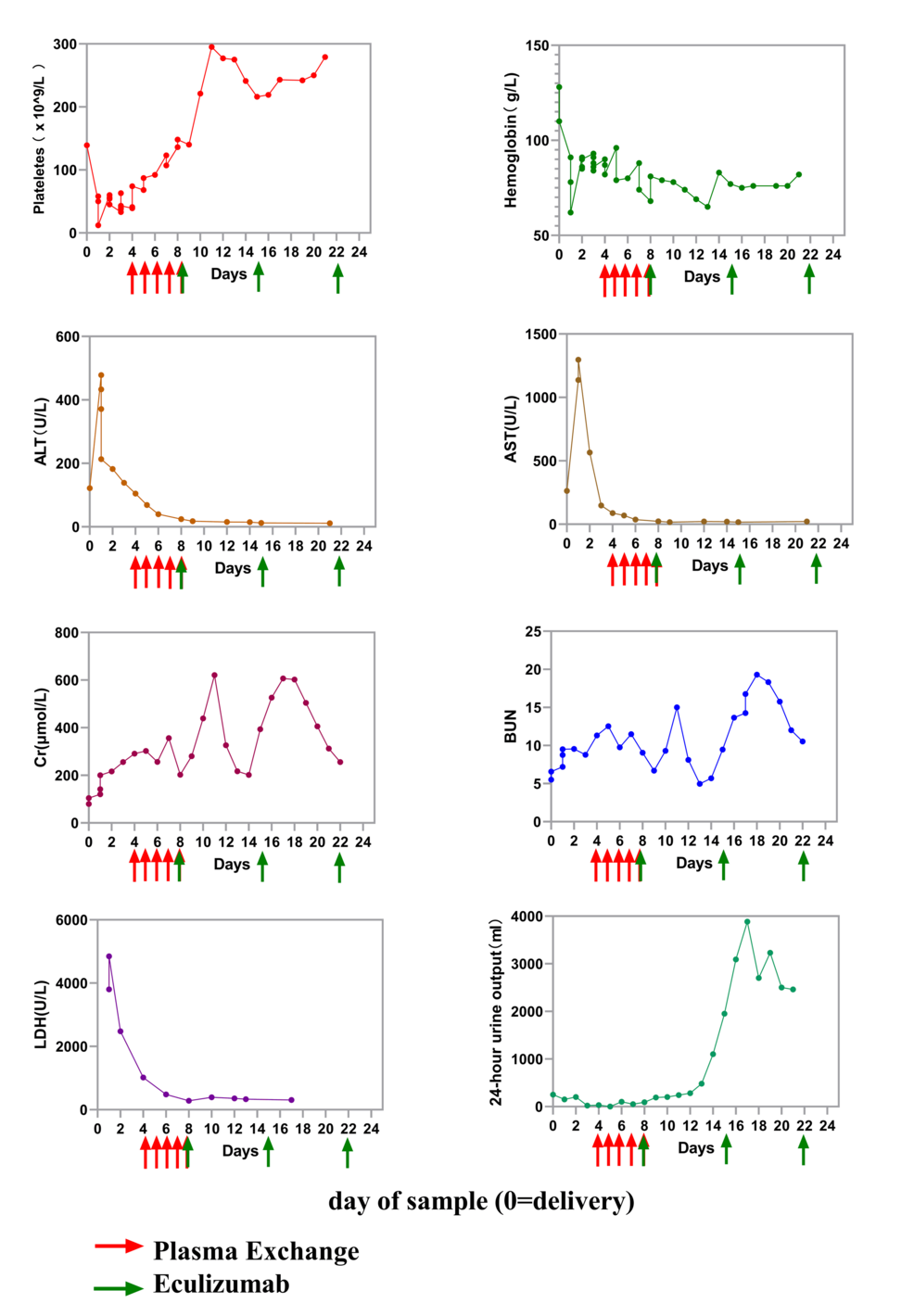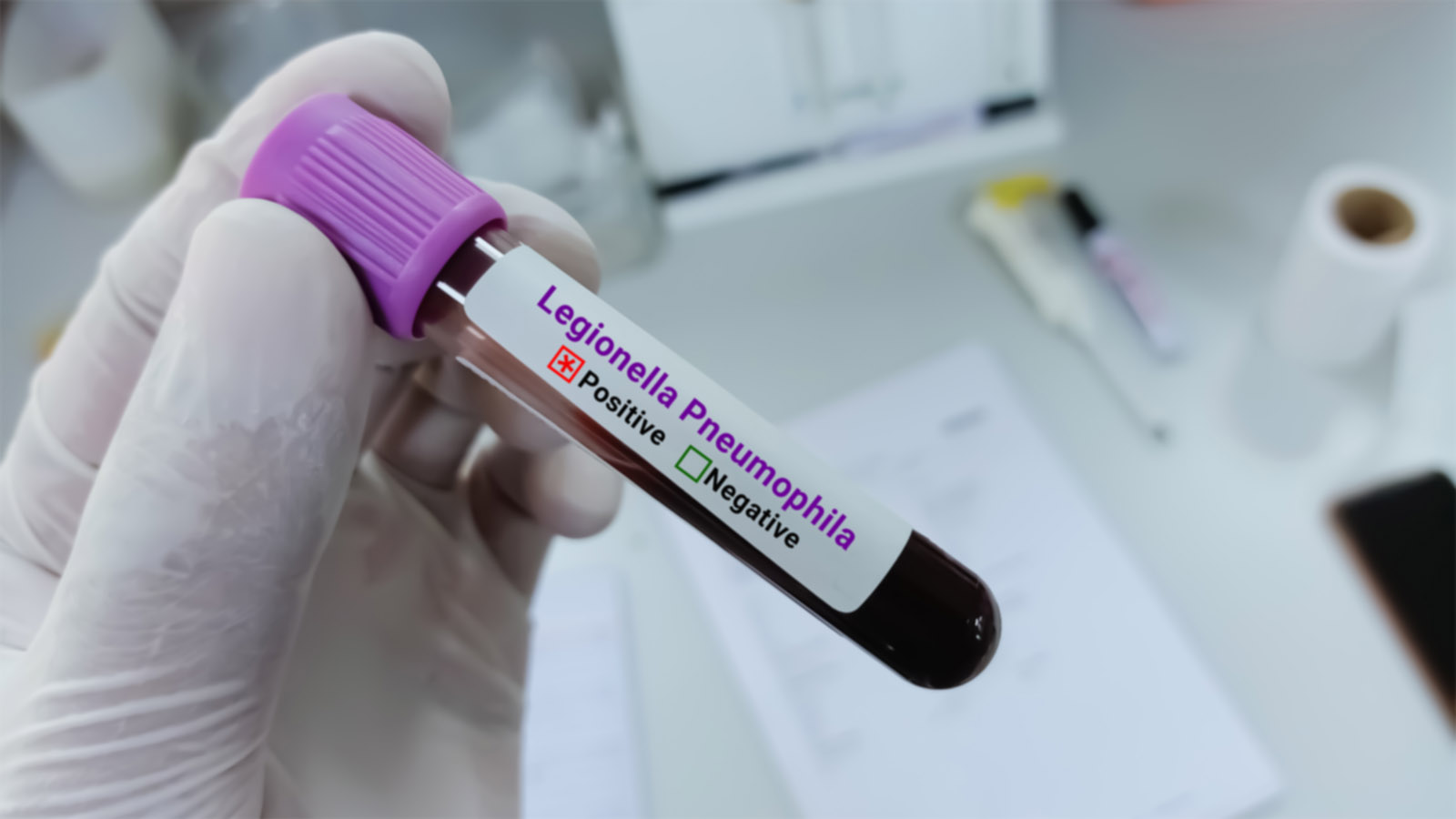Why New Zealand is Trying to Make Herpes the New National Pride!

Imagine a world where having herpes isn't just accepted, but celebrated! That's exactly what the New Zealand Herpes Foundation (NZHF) is aiming for with their bold new campaign, humorously advocating for a major shift in how we perceive this common virus.
The campaign, which kicked off last October, recently snagged a Grand Prix for Good award at the prestigious 2025 Cannes Lions International Festival of Creativity. Yes, you heard that right! In a country that's known for its stunning landscapes and vibrant culture, the NZHF is bringing a sense of humor and nostalgia into the conversation about herpes—an issue that too often comes wrapped in shame and silence.
Using quirky, retro visuals reminiscent of vintage travel posters, the campaign cheekily presents herpes as something to take pride in. With the backdrop of rising pie prices and a declining reputation for having the sexiest accent, the NZHF is flipping the script on what it means to be a Kiwi. Why not take pride in the virus that—let’s face it—many people have? The visuals showcase everything from the breathtaking natural landmarks to beloved national celebrities like boxer Mea Motu and comedian Angella Dravid, all while wrapping the viewer in a sense of nostalgic vacation vibes.
Sir Graham William Henry, a prominent rugby union coach, features prominently in the campaign, delivering a poignant message while seated in a classic classroom setting. “Once upon a time, the world wanted to be New Zealand,” he quips, highlighting the unique cultural narrative that the campaign embodies. The humor is infectious, and the message is clear: it's time to destigmatize herpes.
But why is such a campaign necessary? According to the NZHF, a staggering 26.8% of women and 17.3% of men in New Zealand will have genital herpes by the age of 38. When you look at global stats, the numbers are even more shocking: an estimated 3.7 billion people under age 50 are living with the HSV-1 virus, which is often associated with oral herpes but can also manifest genital symptoms. The World Health Organization reports around 491 million individuals aged 15 to 49 with genital herpes infection!
Unfortunately, despite these numbers, the stigma surrounding herpes still lingers, leading to significant mental health challenges. Sir Ashley Bloomfield, the former chief executive of the Ministry of Health, highlighted that 30% of Kiwis diagnosed with herpes experience depressive or suicidal thoughts. “This is a problem we can solve, which is pretty rare these days,” he stated, underscoring the urgency of changing the narrative.
So, as the NZHF boldly declares, “Let’s make New Zealand the best place in the world to have herpes!” Could this be the start of a new viral movement? Forget the usual trends—this one may just help people break free from stigma.




























